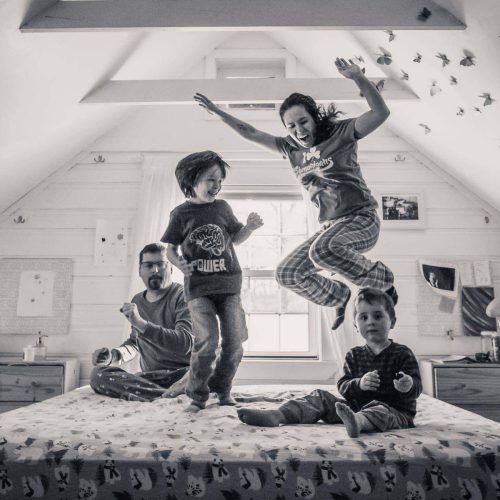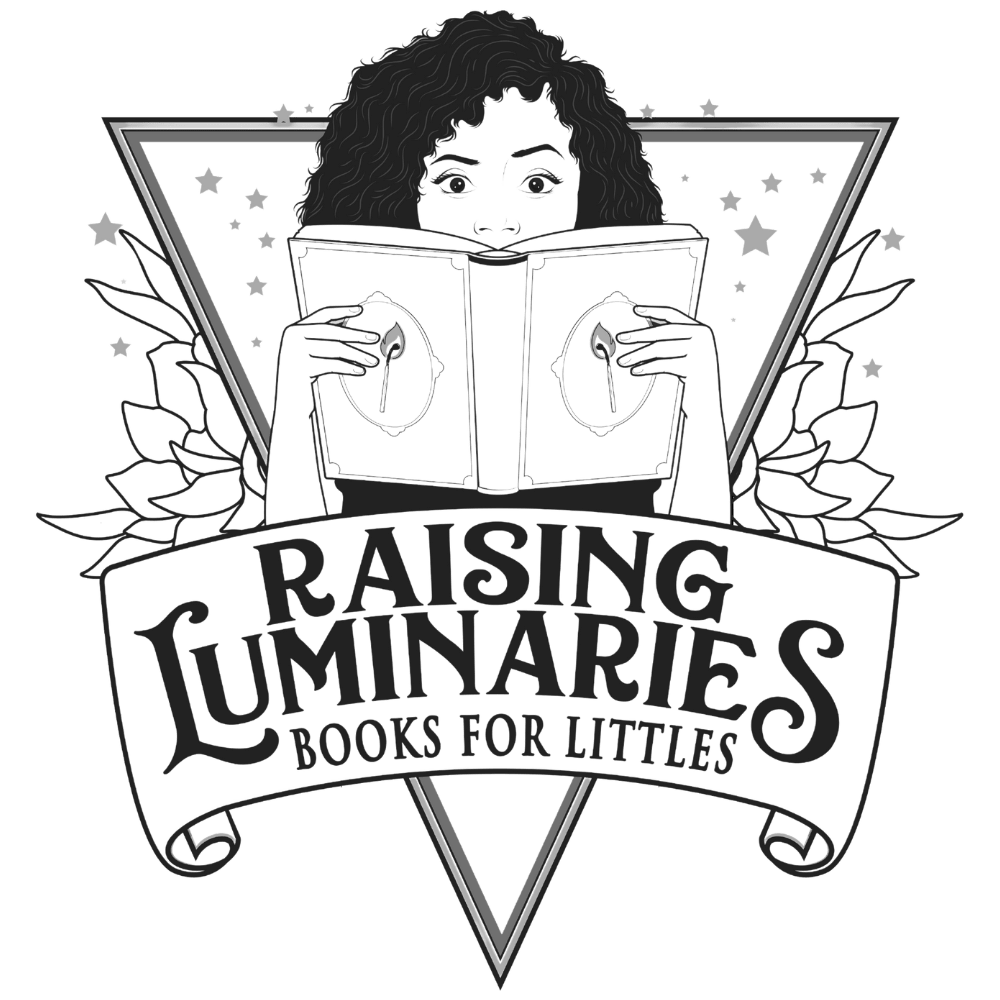International Day of Protest Against ABA (Applied Behavior Analysis)
“ABA tells an Autistic person that your reactions to things your body experiences is wrong. Not only that, but you are not allowed to do them. And not only that, but your reactions shouldn’t exist because what you experience isn’t actually happening since a neurotypical person doesn’t experience them.”
– Oswin Latimer, Autistic Consultant on PTSD
—
I don’t want this to get lost while we wait for you to read the books. We have an urgent call to action for you today – against torture-based compliance therapy that even your #NotAllABA friends can get behind.
Coercion and compliance training trains neurodivergent kids to hide who they are for the comfort of neurotypical people. Yes, even the ‘nice’ kind where kids aren’t getting beaten. Yes, even the ‘positive’ kind where kids get treats.
Teaching kids to hide when they feel uncomfortable, sad, happy, hurt, confused, etc. (all the stuff that makes us human), is abuse.
Teaching kids their main priority in life is to keep nondisabled folks around them comfortable and happy is grooming them and normalizing vulnerability to future abuse.
Yeah, fuck that.
When is it?
- August 31
Read:
- Diana Dances (ages 3-7)
- Noni Says No (ages 3-7)
- Wiggles, Stomps, and Squeezes Calm My Jitters Down (ages 5-7)
Discuss with kiddos:
- What does it mean to have authority over another person?
- What is coercion?
- What does it mean to comply?
- When you care for someone, should you treat them as a human being with feelings, needs, and wants, or as a tool you can adjust for your own use?
- What is positive reinforcement? What is negative reinforcement?
- If someone hit you every time you took a sip of water, would you feel comfortable drinking water around them?
- What if they gave you a piece of candy and praise every time you *didn’t* sip water when you’re thirsty? How might that affect how you feel about thirst and water, even when they’re not around?
- What is conversion/compliance therapy and behavioral training? How does it work?
- Is compliance/conversion training legal in your area? If so, against which groups of people is it legal? (Ex: gay conversion therapy is banned in many places, but IEP practices focused on compliance are the standard in schools across the US.)
Discuss Diana Dances
- How did adults in Diana’s life suggest her neurodivergent behavior is a disease or aberrant flaw?
- If she hadn’t lucked upon a doctor who understood neurodivergence, how might Diana have grown up thinking she was naturally flawed and bad at being human?
- How did Diana feelings about self and her abilities change when she found a space where she could be herself?
- How did Diana’s friends and family benefit from supporting Diana in embracing her natural behavior?
Discuss Noni Says No
- What kids of things do you think adults said to Noni before this story that taught her saying ‘no’ is bad?
- Are there times when you have felt uncomfortable saying ‘no?’ What were you afraid might happen?
- What is the worst thing that could happen if you say ‘no’ to a pushy friend?
- If you don’t feel safe saying ‘no,’ how can you try to keep safe? (Ex: conflict de-escalation techniques such as delaying, creating a distraction, finding help).
Discuss Wiggles, Stomps, and Squeezes Calm My Jitters Down
- Compared to your experience, how does the child in the story experience sights, sounds, textures, and how their body moves through space?
- What do you have in common? How are your needs different?
- When you get over/under-stimulated, what does your body do to feel better (self-regulate)?
- How would you feel if adults told you the ways you self-regulate were wrong and forbidden?
Reflection Action
- List the behaviors your kiddo most often gets reprimanded for at home and at school. Which behaviors are discouraged to keep ourselves and others safe so we can work together? Which ones prioritize the comfort of those in power above those with less? How can we tell?
- How do you choose when to comply with authority? What would happen if you always complied? What would happen if you never complied?
- Create a security network or pod map. Have your child make a list of people they feel safe with, who would believe them if your kiddo reported harm, confusion, or uncomfortable feelings. At least one of these people should not be close or reliant upon your family or religious community (ex: a teacher or neighbor). Discuss how you would keep kids safe from retaliation if they reported harm.
- Role play ways to de-escalate, say ‘no’ and extract yourselves from dangerous situations with people who may have power over you, for example a teacher, older person, or popular friend.
- In what ways have we pressured others to hide who they are so we will like them? How can we give those we care about power to say ‘no’ to us?
More resources to dig deeper:
- Talking about Consent with Kids
- Kids Books Celebrating Neurodiversity
- Non-Shamey Guides for Autistic Kiddos
- Consent and Body Sovereignty for Infants & Toddlers
- Using ‘Pretty Salma’ to help kids recognize coercion and grooming
- I Abused Children for a Living
- Invisible Abuse: ABA and the things only autistic people can see, by CL Lynch, via Neuroclastic






